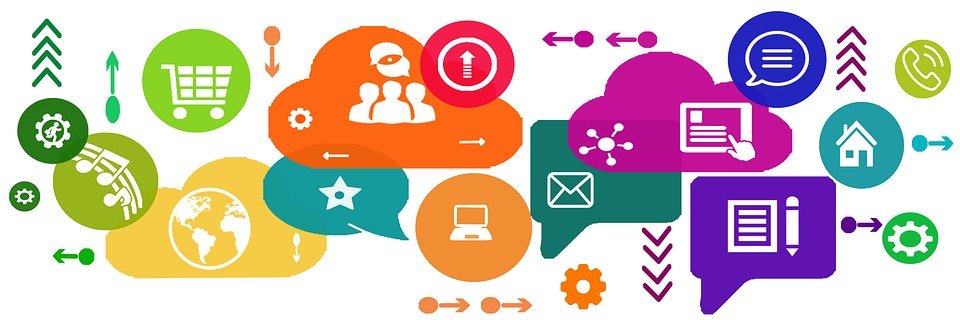The Internet of Things (IoT) has made its way into almost every aspect of our lives, including healthcare. The integration of connected devices in the medical industry has brought about a revolution in the way healthcare is delivered, monitored, and managed. From wearable devices that can track our heart rate and sleep patterns to smart pill bottles that remind patients to take their medication, IoT in healthcare is transforming the industry.
One of the key benefits of IoT in healthcare is improved patient care. By collecting real-time data on patients’ vital signs, symptoms, and medication adherence, healthcare providers can make more informed decisions about their treatment plans. For example, a patient with a chronic condition such as diabetes can use a smart glucose monitor that automatically sends their blood sugar levels to their healthcare provider, enabling them to adjust their medication dosage as needed.
In addition to improving patient care, IoT in healthcare also helps to reduce costs and increase efficiency. By remotely monitoring patients’ health data, healthcare providers can prevent hospital readmissions and costly emergency room visits. Connected devices can also help to streamline administrative tasks such as scheduling appointments and managing medical records, freeing up healthcare providers to focus on providing quality care.
Furthermore, IoT in healthcare has the potential to revolutionize medical research and drug development. By collecting and analyzing data from millions of connected devices, researchers can gain valuable insights into disease patterns, drug effectiveness, and patient outcomes. This wealth of data can help to accelerate the development of new treatments and improve the overall quality of care for patients.
However, the adoption of IoT in healthcare is not without challenges. Privacy and security concerns remain a top priority, as the vast amount of sensitive patient data collected by connected devices could be at risk of cyber attacks. Healthcare providers must ensure that proper security measures are in place to protect patient information and comply with data protection regulations.
Despite these challenges, the benefits of IoT in healthcare far outweigh the risks. By leveraging the power of connected devices, healthcare providers can deliver more personalized, efficient, and cost-effective care to their patients. The future of healthcare is undoubtedly connected, and IoT is paving the way for a revolution in the medical industry.




